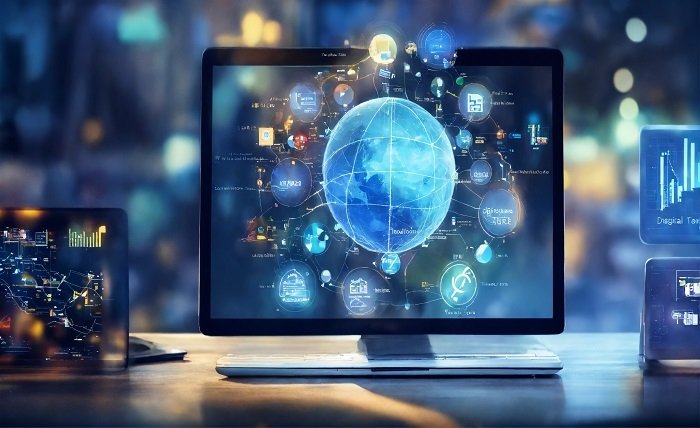Technology has become an integral part of modern living, influencing everything from communication to healthcare. In the UK, advancements in digital systems, artificial intelligence, and data-driven tools are changing industries at a rapid pace. What once felt futuristic is now part of daily routines, and innovation continues to push boundaries.
Key Developments in Consumer Technology
Recent years have seen several innovations shaping consumer behaviour:
- Smartphones: No longer just communication devices, they function as wallets, cameras, and health trackers.
- Wearables: Devices like smartwatches monitor heart rates, track sleep, and encourage healthier lifestyles.
- Smart homes: Voice-activated assistants and connected appliances bring automation into everyday living.
- Streaming services: On-demand entertainment has reshaped television and film consumption.
- Cloud storage: Easy access to data across devices has changed how both businesses and individuals manage files.
These tools highlight the role of convenience and integration in modern technology adoption.
The Role of Artificial Intelligence
Artificial intelligence (AI) is among the most discussed areas in tech today. It is being used in:
- Healthcare – Supporting faster diagnoses and personalised treatment plans.
- Retail – Predicting shopping habits and offering tailored product recommendations.
- Transport – Powering self-driving car experiments and smart traffic management systems.
- Finance – Detecting fraud and improving investment strategies through predictive algorithms.
- Customer service – Chatbots and automated systems offering quicker responses.
AI is likely to remain central as industries aim to combine efficiency with personalisation.
Cybersecurity and Privacy
With increased reliance on digital tools comes heightened concern about security. Cybercrime costs the UK billions of pounds each year, affecting individuals and businesses alike. Common threats include:
- Phishing attacks targeting personal data.
- Ransomware locking systems until payment is made.
- Identity theft through hacked databases.
- Data misuse from poorly protected online platforms.
To counter these risks, organisations are investing in encryption, secure networks, and stronger authentication measures. Consumers are also becoming more cautious about sharing personal information online.
The Growth of Online Services
From shopping to banking, services once limited to physical locations now operate online. Examples include:
- E-commerce platforms offering global access to goods.
- Online learning giving students and professionals new opportunities.
- Digital banking replacing branch visits with instant transfers and mobile apps.
- Remote work technologies allowing flexible employment arrangements.
Even leisure activities such as gaming and online betting have benefited from digital innovation. Websites promoting fair play and transparency often highlight terms such as casinos t&c apply, reflecting the need for users to understand the conditions tied to online services.
Sustainability Through Technology
An important aspect of modern technology is its role in environmental sustainability. Developments include:
- Renewable energy systems like solar panels and wind turbines.
- Electric vehicles helping reduce reliance on fossil fuels.
- Smart grids improving energy distribution.
- Recycling innovations such as AI-powered waste sorting.
These efforts reflect how technology is being applied not only for convenience but also for global responsibility.
The Future of Technology in the UK
Looking forward, several trends are expected to shape the next decade:
- 5G expansion improving connectivity across rural and urban areas.
- Virtual and augmented reality enhancing entertainment and education.
- Blockchain applications reaching beyond cryptocurrency into logistics and governance.
- Biometric systems further integrating into everyday security.
- Quantum computing opening possibilities for previously unsolvable problems.
As these innovations become more accessible, they will continue to influence both industries and individual lifestyles.
